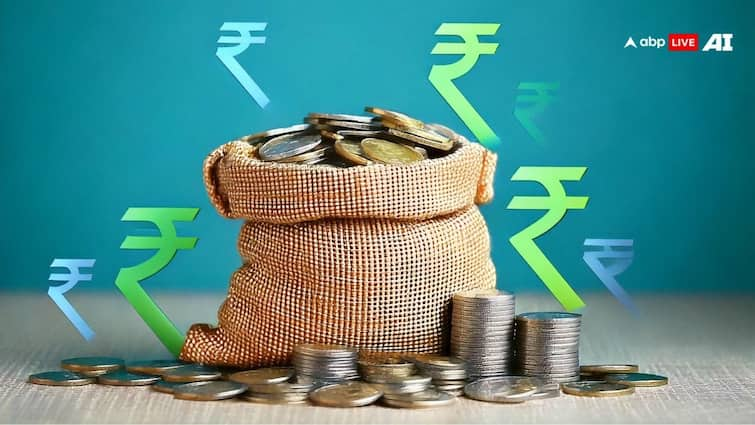The Union Cabinet, chaired by Prime Minister Narendra Modi, has approved the Terms of Reference (ToR) for the 8th Central Pay Commission (CPC), marking the official start of the next major pay revision for government employees. The move will affect millions of Central Government staff and pensioners, setting in motion a process that will shape salaries and benefits for years to come.
What the 8th Pay Commission Will Do
According to an official release, the 8th CPC will function as a temporary body comprising a Chairperson, one Part-Time Member, and one Member-Secretary. The panel is expected to submit its final report within 18 months of its formation but may also release interim reports on specific issues if needed.
The Commission’s mandate is broad and critical. It will assess current pay structures, review service conditions, and consider the economic context while maintaining the government’s commitment to fiscal discipline. It will also analyse the financial impact of pension liabilities, the effect of its recommendations on State finances, and comparative pay trends in public and private sectors.
Implementation Timeline: Countdown to 2026
The 8th CPC’s recommendations are expected to come into effect from January 1, 2026, following the decade-long cycle since the 7th CPC’s implementation in 2016. Once constituted, the commission generally takes 12 to 18 months to finalise its report, which is then reviewed by the Finance Ministry before being sent for Cabinet approval. This suggests that the full implementation could arrive in late 2026 or early 2027.
Officials said the upcoming Pay Commission will aim to balance fiscal prudence with employee welfare. As inflation and living costs rise, the commission’s proposals are expected to provide meaningful relief to 4.7 million Central Government employees and pensioners.
Pensioners’ Wishlist: Fairer Pensions and Faster Access
With the 8th Pay Commission now officially on track, expectations among pensioners are running high. Employee unions have been calling for a minimum pension increase from Rs 9,000 to Rs 25,000 per month to reflect current cost-of-living realities. If implemented, this nearly threefold rise would bring welcome relief to lower-income retirees and improve post-retirement dignity.
Another key demand is to reduce the qualifying period for full pension from 15 years to 12 years of service. Experts believe this change could benefit mid-career employees and encourage longer service durations, helping retain experienced personnel in crucial government departments.
Fitment Factor and Salary Hike Expectations
The fitment factor, a crucial metric that determines salary revisions, is expected to fall between 1.83 and 2.46. A higher factor translates to a more substantial rise in pay and pensions. Analysts suggest that the 8th CPC could be among the most employee-friendly pay revisions in recent memory, aiming to ensure parity between inflation and income growth.
In addition, government staff could see improvements in gratuity limits, provident fund contributions, and healthcare coverage under the Central Government Health Scheme (CGHS). These measures would enhance financial security for both serving and retired employees.



